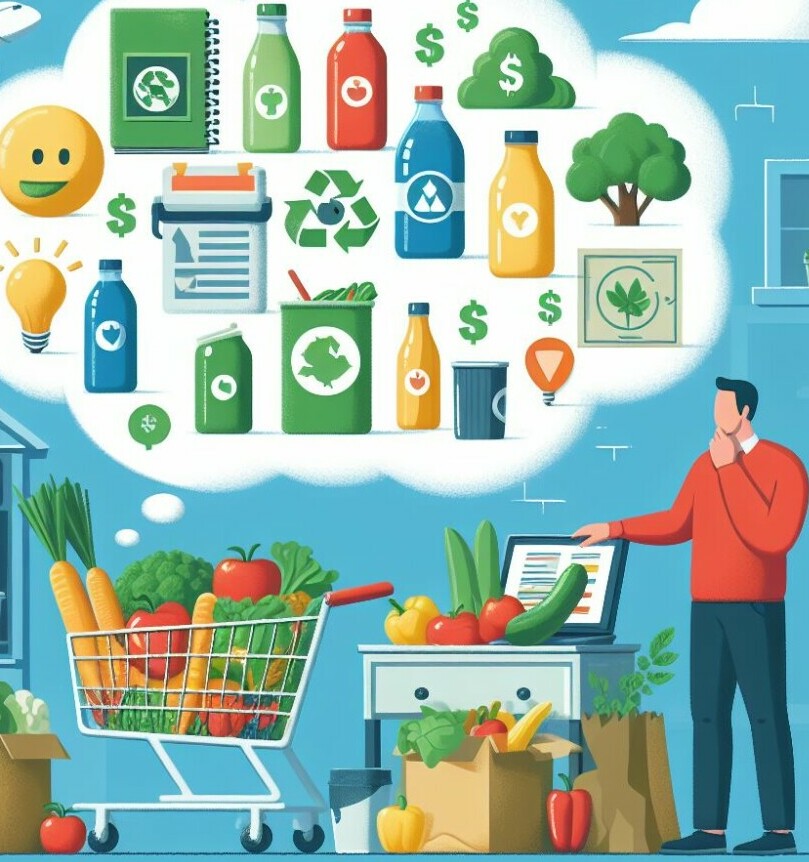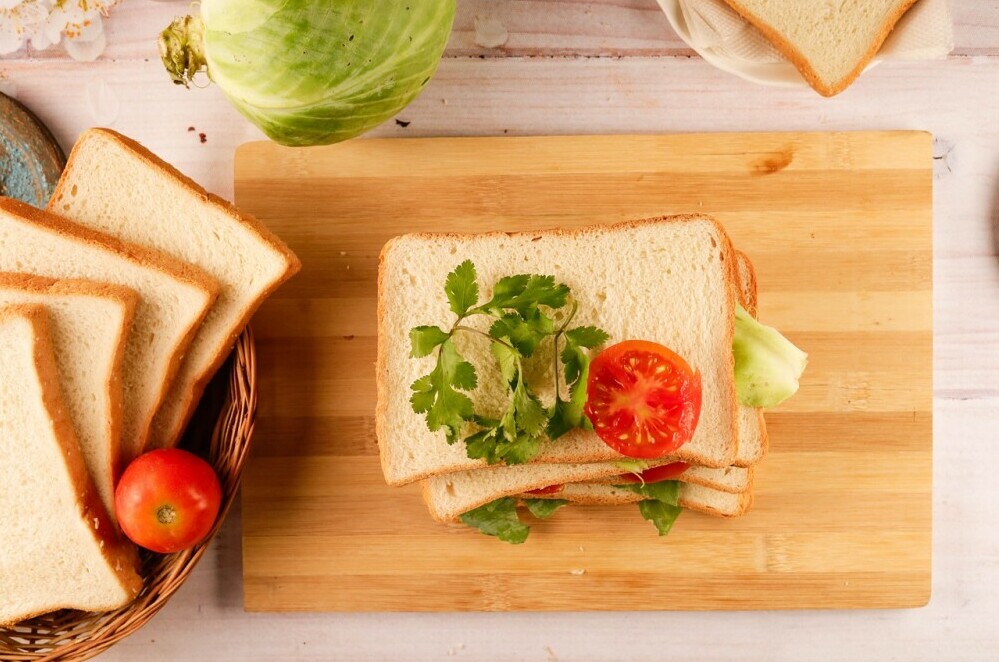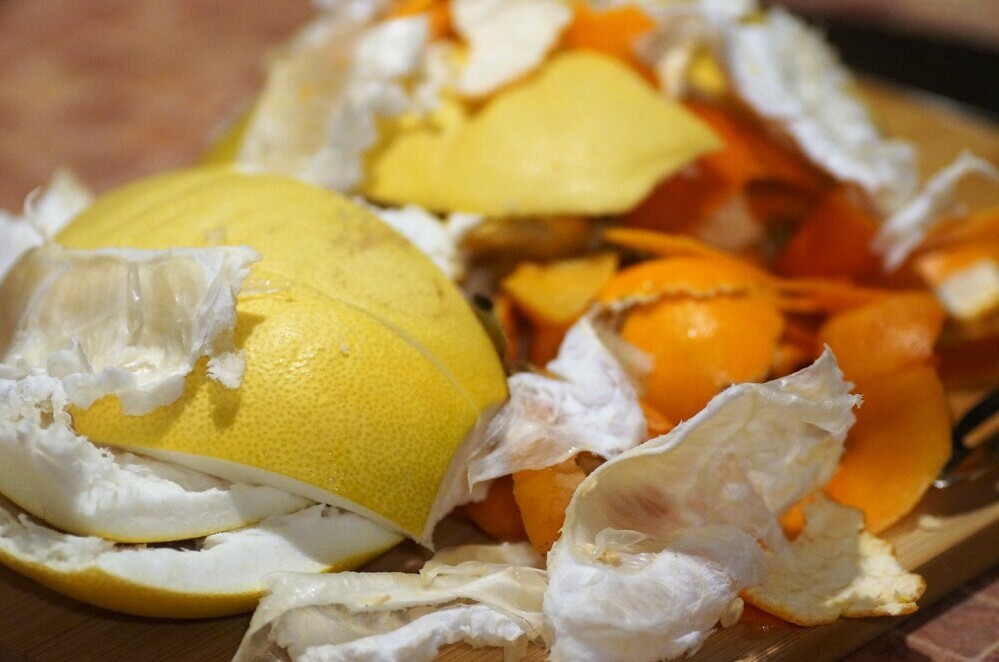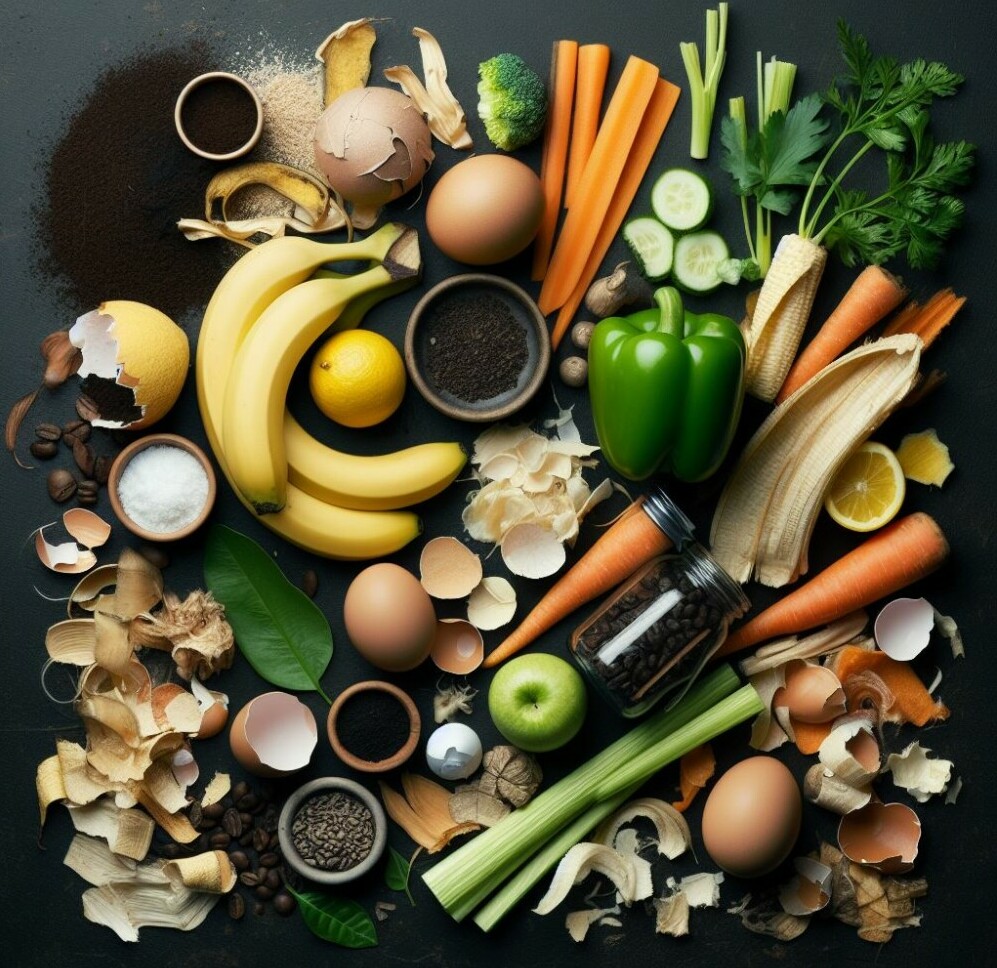Table of Contents
Introduction
Did you know that roughly one-third of all food produced in the world for human consumption gets lost or wasted? That’s a staggering figure, isn’t it? When we talk about food waste, we’re not just addressing the old veggies languishing in your fridge; we’re digging into an issue that deeply affects climate change and resource conservation on a global scale. In this blog post we will discuss practical ways to reduce food waste in our household to leave a positive impact on our beautiful planet.
Every apple you forget to eat, every slice of bread that turns mouldy, contributes to a larger problem. Food waste in households leads to a needless increase in greenhouse gas emissions as decomposing foods in landfills emit methane, a potent climate pollutant. Moreover, when you dispose of food, you’re not just throwing away a product but all the resources that went into producing it, from water to labour to land.
If you’re wondering what role you play in this scenario, I’m going to tell you that it’s a significant one. Despite the enormity of the problem, your actions at home can make a real difference. By consciously minimising our food waste, we have the power to positively impact the environment, right from our kitchens.
Identifying the Main Sources of Food Waste in Homes

I’m going to help you pinpoint the habitual culprits behind food waste right in your kitchen. It often starts with those ‘just in case’ purchases. Say you’re roaming the grocery aisles, and you grab a tub of exotic fruit salad. Fast forward a week, and that fruit salad is forgotten in the back of your fridge, only to be discovered once it’s past its prime.
Meal planning is another crucial area, yet it’s often overlooked. Planning your meals for the week isn’t just a time-saver; it’s a waste-reducer. You’re going to find out how mapping out your meals can save those veggies from turning into science experiments.
Then there’s the challenge of food storage. The mantra ‘out of sight, out of mind’ unfortunately applies here. If you’re stacking fresh produce in the wrong spots or using opaque containers, chances are you’ll miss the opportunity to use them before they spoil.
Don’t worry too much about this; you can always adjust your approach down the line. By becoming aware of these issues, you’re already taking the first step towards minimising food waste. Up next, I’ll walk you through strategic shopping practices that will further bolster your food-saving efforts.
Strategic Shopping: Smart Purchases to Prevent Waste

I’m going to talk about making your shopping list the cornerstone of a waste-conscious lifestyle. You see when you jot down what you need, you dodge the bullet of buying items that will languish in your fridge. This is you, crafting a defence against food waste on your grocery list.
But it’s not just about scribbling down a list; you’ll want to steer clear of those impulse purchases too. They seem innocent enough, but before you know it, you’re tossing out spoiled food anyway. The key? Stick to your list. It’s a simple shift in your routine that can slash food waste dramatically.
Now, let’s not skim over the role of understanding food labels. Use-by, best-by, sell-by dates — getting these mixed up is like a fast track to tossing out perfectly good food. Let’s crack that code and buy with confidence, knowing you’re picking up products that will make it from shelf to belly without ending up in the bin.
You can always adjust your approach down the road, but if you want to cut down on food waste, these steps are rock-solid starting points. Choose products with longer shelf lives or ones you’re certain to consume quickly. And remember, frozen vegetables and fruits are your allies in the fight against food waste.
Speaking of consuming products, up next, you’re going to find out about transforming meal preparation from a daily chore into a strategic master plan. You’ll see how this isn’t just about saving your wallet from bloat but helping the planet breathe a little easier too.
Mastering the Art of Meal Prepping and Storage

Getting a handle on meal prep is more than a trend; it’s a robust approach to slashing your food waste. I’m going to show you exactly how strategic planning and a bit of culinary flair can turn what might be scraps into savoured meals. Let’s start with the benefits of meal prepping; not only does it save you time during a busy week, but it’s your best friend when it comes to minimising waste.
Storing food might not sound like rocket science, but there’s a trick to ensuring your food stays fresher, and longer. From your fruits and veggies to your meats and dairy, each item has an ideal condition. For instance, did you know that apples last longer when kept in a cool, dark place, while tomatoes should never see the inside of your fridge if you want to keep them flavour-packed?
Now, if you’re wondering what to do with all the remnants of last night’s dinner, don’t be so quick to toss them out. You’ve got a goldmine for your next culinary creation. Those roasted veggies? They can be the star in a hearty frittata. That little bit of rice? Perfect for a stir-fry. It’s about looking at leftovers through a lens of possibility. And that’s going to include embracing the freezer as your ally. Pre-portioned meals can be frozen and enjoyed on a day when cooking is the last thing on your mind.
You can always adjust your approach down the road, and that means getting creative with what you have. Choose something that resonates with you, whether it’s trying out new recipes that specifically call for common leftovers or learning the art of ‘freestyle cooking’. Here’s a tip: keep a spice rack well-stocked. Spices and herbs are the secret to transforming a bland dish into something mouth-watering.
Just don’t focus too much on perfection. Your first attempt doesn’t need to be your last—trial and error is part of the process. So, as you master meal prepping and optimising your storage, you’re not just reducing waste; you’re stepping into a more sustainable and mindful way of living. And speaking of sustainability, let’s segue into the world of composting, where even your unavoidable food scraps can find a new lease on life.
Composting: Turning Waste into Resource

So, you’ve been managing your household waste better, and that’s fantastic. Now, let’s take it another step further with composting, which transitions ‘waste’ into a valuable resource. I’m here to help you understand the basics of home composting and why it’s beneficial not only for your garden but also for the planet.
Starting a home composting setup might seem daunting at first, but it doesn’t have to be. You’ll want to find a suitable space in your yard or choose a container if you’re limited on outdoor space. Remember, composting is nature’s way of recycling, so you’re going to find out about what kind of organic matter can go into your compost bin, like fruit and vegetable scraps, eggshells, and coffee grounds.
One of the most satisfying aspects of composting is seeing food scraps transform into nutrient-rich soil. But to make it work, you need to get the balance right between ‘greens’ and ‘browns’—that’s your kitchen scraps and yard waste, respectively. You also need to maintain the pile by turning it regularly to aerate it and speed up the decomposition process.
Now, don’t worry too much about getting it perfect. Managing a compost pile is a learning process, and you can always adjust your approach down the road. But I hope that you embrace this closed-loop system that benefits your garden and the environment.
As we talk about closing loops, let’s not forget about the role we play in our larger community. You’re about to read about engaging in community efforts to tackle food waste. From sharing excess produce with neighbours to educating the next generation on sustainable practices, there’s a lot you can do beyond your backyard. This isn’t just about individual action; it’s also about collective impact.
Bringing It All Together: Your Role in the Big Picture
By now, you’re equipped with practical strategies for minimising food waste in your household, from smarter shopping to efficient meal preparation and composting. But your influence doesn’t end within the four walls of your kitchen.
Every small action you take can have a ripple effect on your community and beyond. When you reduce food waste, you’re not only saving money and resources, but you’re also setting an example for others and helping to create a more sustainable world.
You’ve learned about the power of community engagement in combating food waste. Now, I encourage you to reach out, participate in local initiatives, or even start your own. Share your knowledge with friends, family, and neighbours to magnify your positive impact.
Remember, change doesn’t happen overnight. Your first attempt doesn’t need to be your last, and you can always adjust your approach down the road. Keep striving to make better choices, stay informed, and don’t worry too much about perfection.
I hope that you feel inspired to take action against food waste. Every bit counts. If you have stories to share or tips to offer, I’d love to hear from you. Together, we can turn the tide on food waste and pave the way for a healthier planet.
Kay,
greenlifehub.com
Follow Me On My Socials:)

